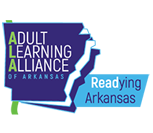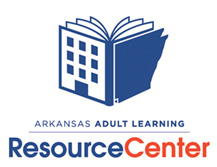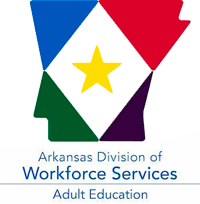As adult literacy tutors in Arkansas, our goal is to empower our learners to unlock new opportunities and enrich their lives through improved reading and writing skills. One powerful tool that can help us achieve this goal is curriculum-based assessments. These assessments provide us with a roadmap to tailor our instruction to the unique needs of each learner. In this blog post, we’ll explore how to use curriculum-based assessments to adjust instruction effectively and make a lasting impact on adult literacy education.

1. Understanding Curriculum-Based Assessments
Curriculum-based assessments are a dynamic part of the teaching process, aligning closely with the curriculum used in adult literacy programs. They focus on evaluating the learners’ progress in relation to specific learning objectives and the content covered in the curriculum.
2. Choose the Right Assessment Tools
Select assessment tools that align with the curriculum you’re using. This might include quizzes, writing samples, reading comprehension exercises, or other appropriate measures. Ensure these assessments are clear, relevant, and attainable for your learners.
3. Establish Baseline Data
Before diving into instruction, establish a baseline by conducting an initial assessment. This helps you understand where your learners currently stand in terms of their literacy skills. This data will serve as a benchmark for tracking progress.
4. Regular Assessment Points
Integrate periodic assessments throughout your instruction. These checkpoints can be weekly, bi-weekly, or monthly, depending on the curriculum’s pacing. Regular assessments allow you to observe trends, identify areas where learners are struggling, and address these issues promptly.
5. Analyze the Results
Once you have assessment data, analyze it meticulously. Look for patterns or consistent challenges that learners face. This might involve difficulties with specific reading comprehension skills, vocabulary, or writing mechanics.
6. Personalized Instruction
Armed with the insights gained from assessments, personalize your instruction. For learners struggling with vocabulary, dedicate more time to word-building exercises. If comprehension is an issue, work on reading strategies. Ensure your instruction directly targets the areas of need revealed by the assessments.
7. Reassess and Adapt
As you adjust your instruction, continue to assess regularly. These reassessments will indicate whether the changes are producing the desired results. If not, don’t be afraid to adapt further, fine-tuning your approach as necessary.
8. Communication with Learners
Foster open communication with your adult learners. Discuss their progress, challenges, and goals. Encourage them to share their concerns, questions, and areas where they feel they need more support. This collaborative approach ensures that the instruction remains learner-centered.
9. Celebrate Achievements
When learners make progress, celebrate their achievements. Recognize their hard work and growth, no matter how small. Positive reinforcement can be a powerful motivator for adult learners.
10. Rinse and Repeat
Curriculum-based assessments should be a continuous part of your instructional process. As you guide your learners through the curriculum, regularly assess, adapt, and celebrate progress. This cycle will create a dynamic and effective learning environment.
In conclusion, curriculum-based assessments are a tutor’s compass in the journey of adult literacy education. By using these assessments to tailor your instruction to the specific needs of your learners, you can provide a more personalized, effective, and fulfilling learning experience. As a result, you’ll not only help your adult learners improve their literacy skills but also empower them to take significant steps towards a brighter, more literate future.







